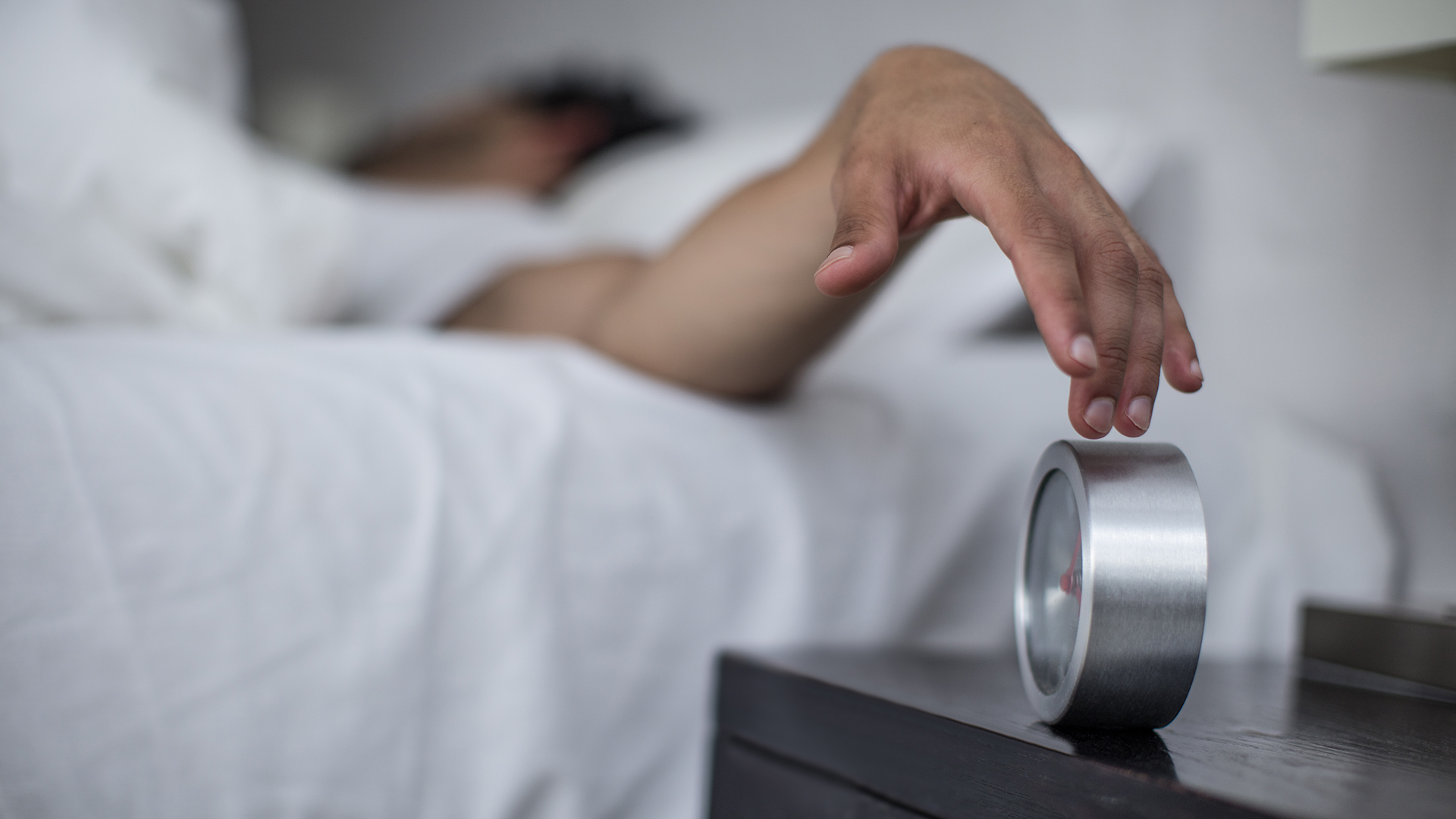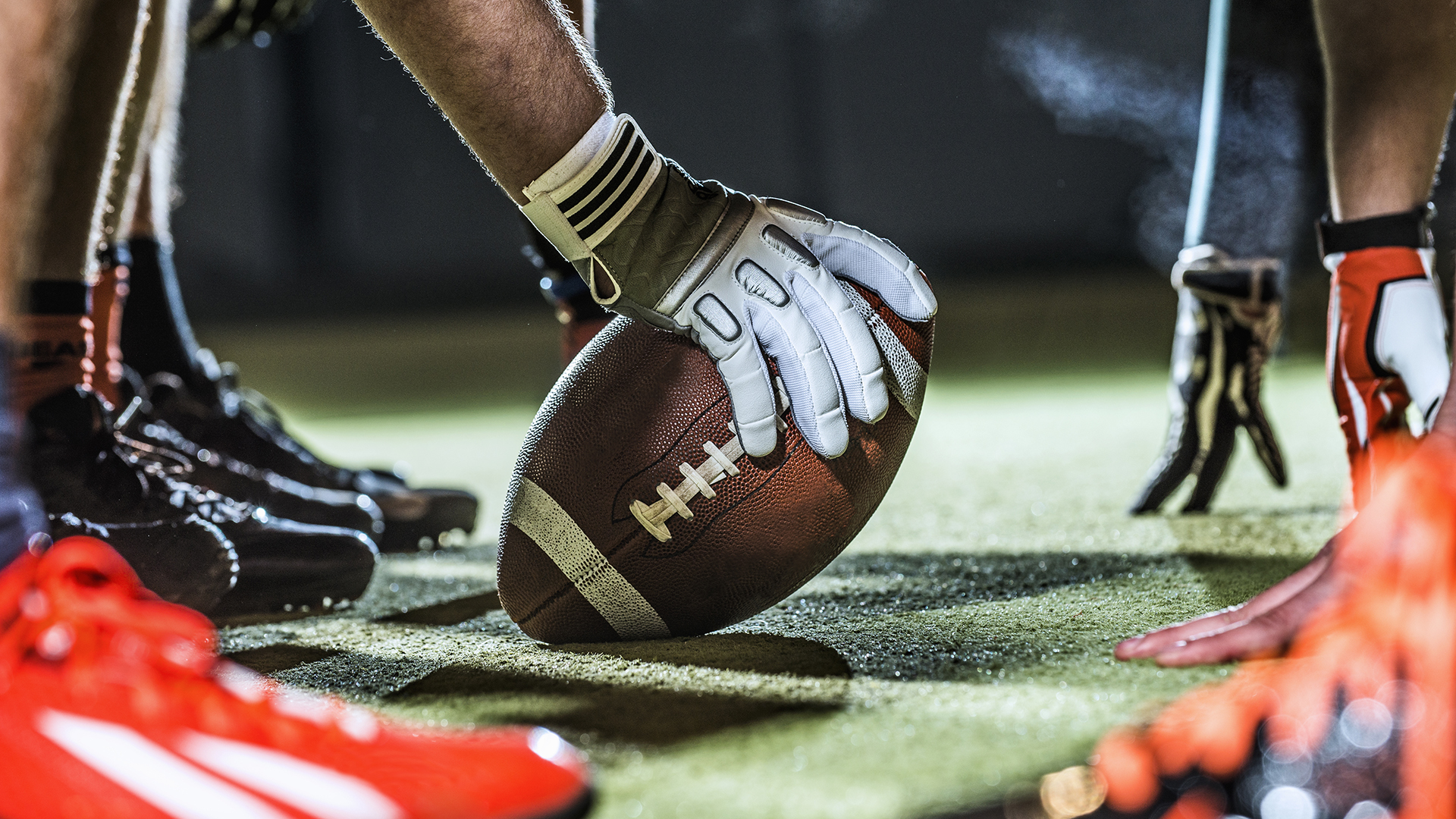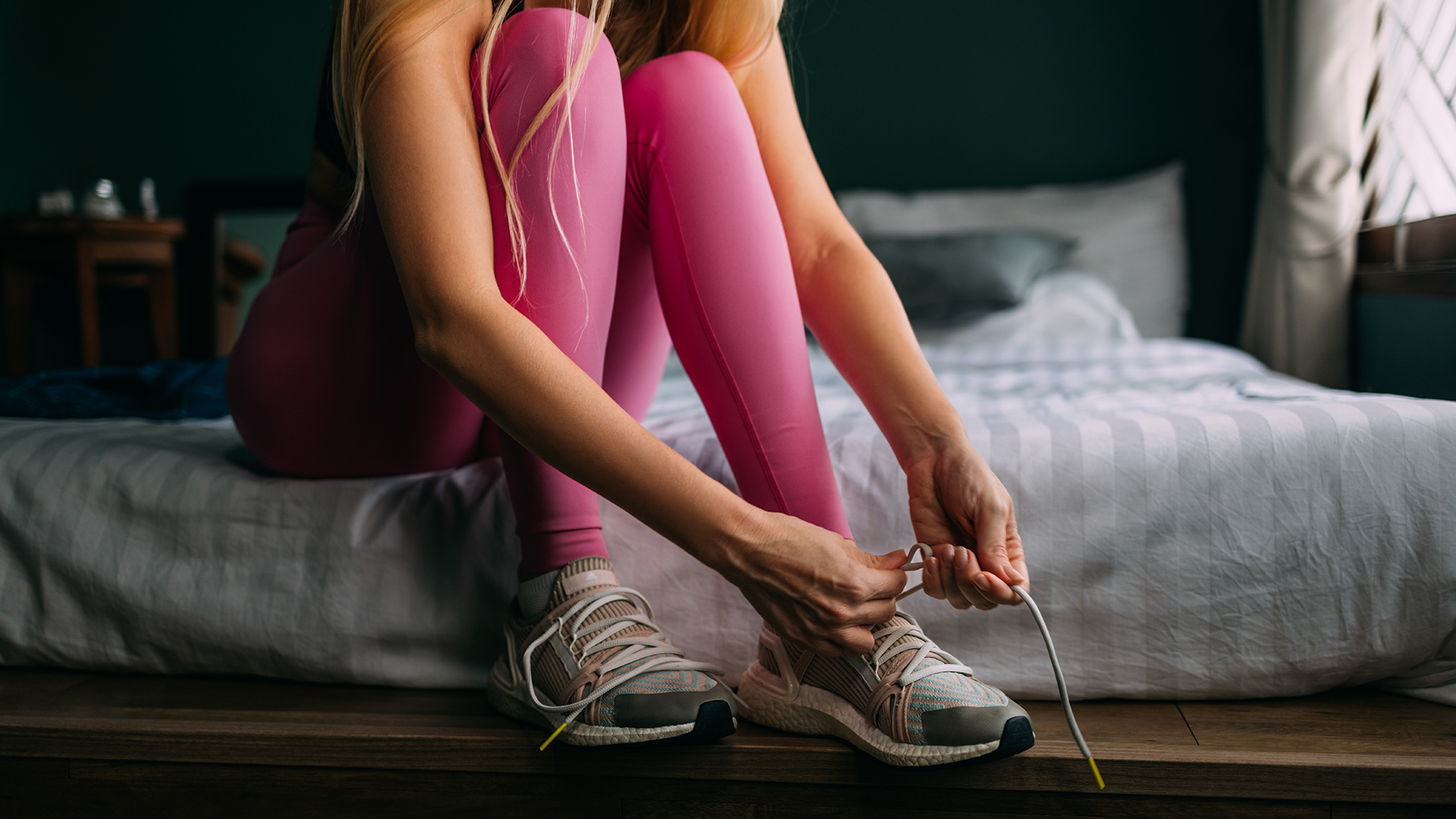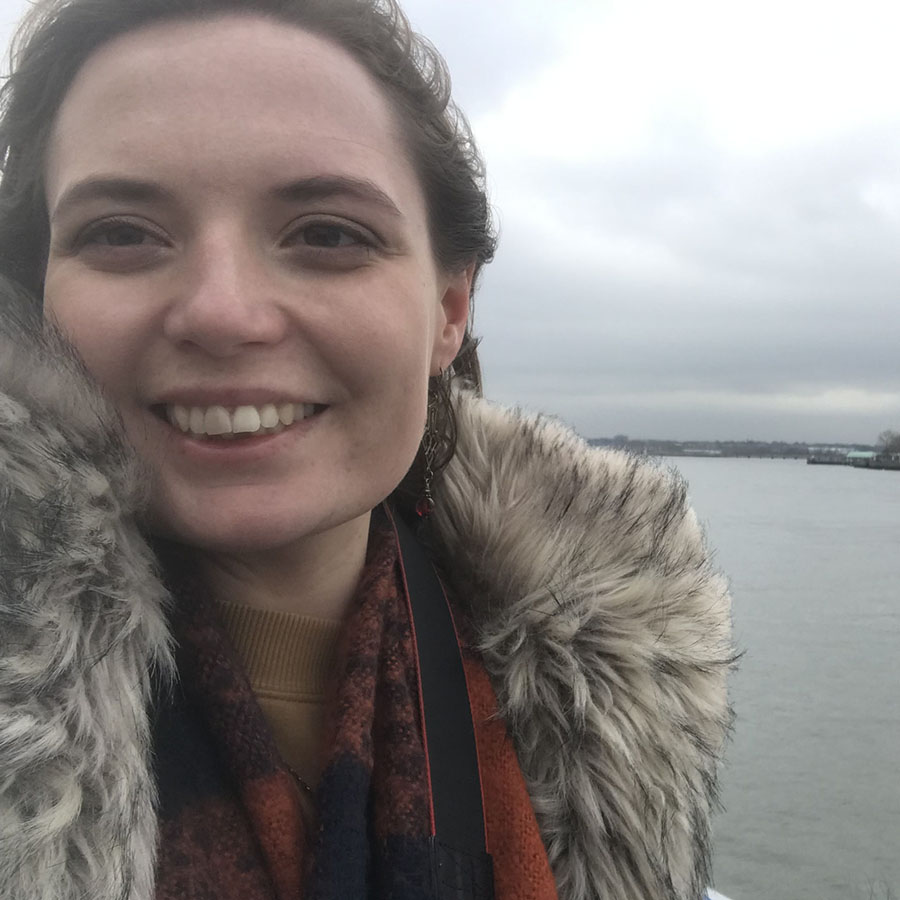Travis Kelce gets 10 hours of sleep a night and he just won the Super Bowl – should we all be sleeping more?
Is napping the secret to Super Bowl sporting success?

I’ll be perfectly honest: I don’t understand the Super Bowl, or who the Kansas City Chiefs are, or, really, exactly what it is that Travis Kelce does. But I do understand the importance of good sleep. And it turns out: so does Travis Kelce. In fact, plenty of sleep might be the reason why he just won Super Bowl LVIII with his team the Chiefs.
Travis' dad Ed Kelce spoke to Entertainment Tonight about his son's relationship – for those of you living under a rock, Travis is dating pop icon Taylor Swift – and had this to say about the NFL star's sleep habits:
“I think she [Taylor Swift] realizes how committed Travis is to sleep, 10 hours a day, when your body is going through this kind of thing.”
That’s how important a good sleep schedule is to Kelce: not only does his girlfriend understand it, but respecting the schedule is necessary for any potential relationship to receive his dad's blessing.
And it isn't just overnight that Kelce is resting and recuperating. Ahead of Super Bowl LVII in 2023 (which the Chiefs also won, just in case you didn’t know), Kelce expressed the importance of napping. During a pre-game press conference with NBC, he said: “The biggest thing is, take naps. I’ve already taken one today and it’s not even noon.”

Between 10 hours a night and the multiple naps, you might wonder when Kelce has time to do anything but sleep. But back-to-back Super Bowl wins feels like a solid indicator his method might have some benefits, and he isn't the only one taking note of how important sleep is: so is the entire NFL. Sleep science has become one of the key pillars of supporting elite athleticism, with Sleep Number an official partner of the NFL. How long until we switch half-time to nap time?
Can sleep bring success for non-athletes?
Can the power of good sleep and the best mattress send you to the Super Bowl? Not unless you're already a talented football player. But if you aren't getting enough sleep, your physical abilities are likely to take a hit.
Get daily insight, inspiration and deals in your inbox
Sign up for breaking news, reviews, opinion, top tech deals, and more.
A systematic review of 25 sleep studies found that evidence suggests sleeping more can be one of the most effective methods of improving both physical and cognitive performance. Research also indicates that sleep deprivation can have an immediate effect on performance level – just one night of bad sleep can negatively impact endurance.

So, how much sleep should you be getting? Most adults need around seven to nine hours of sleep a night. And, unfortunately, bumping it up to 10 hours rest won't suddenly turn you into a star tight end (yes, I had to look that up). But after a hard day of training, a particularly long hike, or even several hours on your feet, sleeping well can aid your recovery, leaving you feeling fresher for tomorrow, when you have to do it all over again.
What about naps? Kelce loves a cat-nap, and studies indicate that napping can improve athletic performance, especially for athletes lacking that full nine hours sleep a night. For the rest of us, naps can help you sleep better, so long as they're done right.
That means: nap when you’re feeling tired, and keep your naps to around 20 minutes. If you want to make napping a part of your recovery plan, some Garmin watches come with nap tracking technology, to help you understand the sleep science behind your siesta.
Supercharging your sleep might not help you score the winning touchdown in the closing seconds of the game – or however these things usually end – but if you want to reach the peak of your physical performance, it might be time to take a nap.

Ruth is TechRadar’s Sleep Writer. She’s here to help you find the perfect sleep setup for your budget and personal preferences. As well as keeping a keen eye on everything that’s going on in the world of mattresses, she regularly speaks to experts to help you learn how to improve your sleep habits, whether that’s by debunking sleep myths or explaining the science behind it all. Prior to joining the TechRadar team, she wrote features and product guides for new parents hoping to get a decent night's sleep, as well as writing for a variety of online spaces.